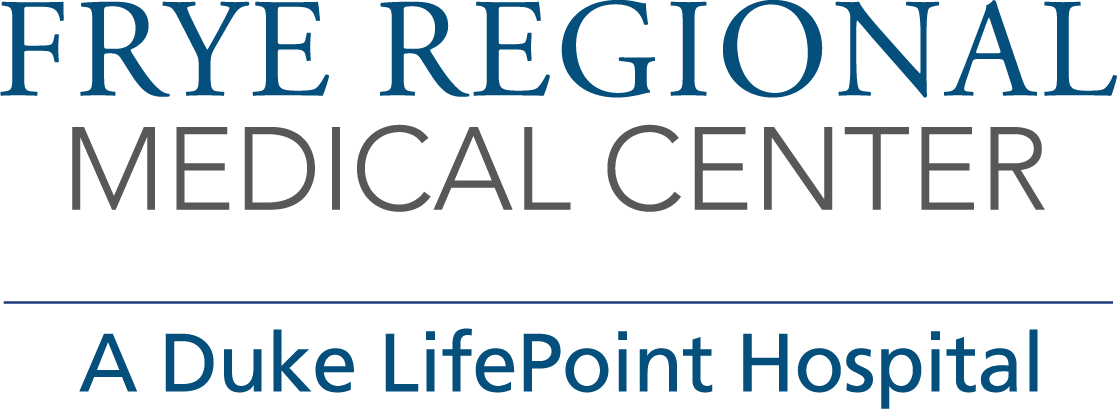Frye Regional Medical Center Recognizes Overdose Awareness Day
August 30, 2022

HICKORY, NC (August 29, 2022) – Frye Regional Medical Center is recognizing International Overdose Awareness Day and Opioid Misuse Prevention Day, which falls every year on August 31. This day memorializes those who have died too soon from opioid misuse or other drug overdoses and acknowledges loved ones who were left behind.
“The United States is in the midst of an opioid overdose epidemic,” said Gregory Taraska, MD, medical director of the emergency department at Frye Regional Medical Center. “Being aware of what to do in overdose situations not only helps emergency personnel do their jobs better, it also saves lives.”
Opioids are currently the most common cause of drug overdose deaths. This includes prescription opioids, heroin, and illicitly manufactured fentanyl, which may sometimes be mixed into other drugs like cocaine, methamphetamine or heroin. Fentanyl and other synthetic opioids are the most common drug involved in overdose deaths. Even in small doses it can be deadly.
The National Center for Injury Prevention and Control reported that drug overdoses take over 250 lives every day in the United States. In 2021, there were almost 3,500 overdose deaths in North Carolina alone.
According to the Centers for Disease Control and Prevention, 71.5% of drug overdose deaths in North Carolina had at least one potential opportunity for intervention, which includes linkage to previous care or life-saving actions that could have been taken at the time of the overdose.
“Good Samaritan laws are in place in most states, including North Carolina, to protect those who are overdosing and anyone assisting them in an emergency from arrest or charges,” Dr. Taraska said. “It is important to act in these situations; you could save a life.”
Naloxone is a life-saving medication that can reverse an overdose from opioids. Anyone can use naloxone if you suspect someone is experiencing an overdose, and it is available at most pharmacies or from your health care provider.
Signs of an overdose include falling asleep or loss of consciousness, slow or no breathing, choking, limpness, cold and/or clammy skin, discolored skin, and small, constricted pupils.
“If you think someone is experiencing an overdose, call 9-1-1 immediately,” Dr. Taraska said. “Administer naloxone if available and try to keep the person awake and breathing. Turn them on their side to prevent choking and stay with them until emergency medical services arrives. Even if you aren’t sure someone is overdosing, treating them like they are could save their life.”
To learn more about how you can help stop drug overdoses and save lives, visit cdc.gov/stopoverdose/. If you or a loved one is struggling with addiction, talk to your health care provider for treatment or visit MyFryeRegional.com to find a doctor.
